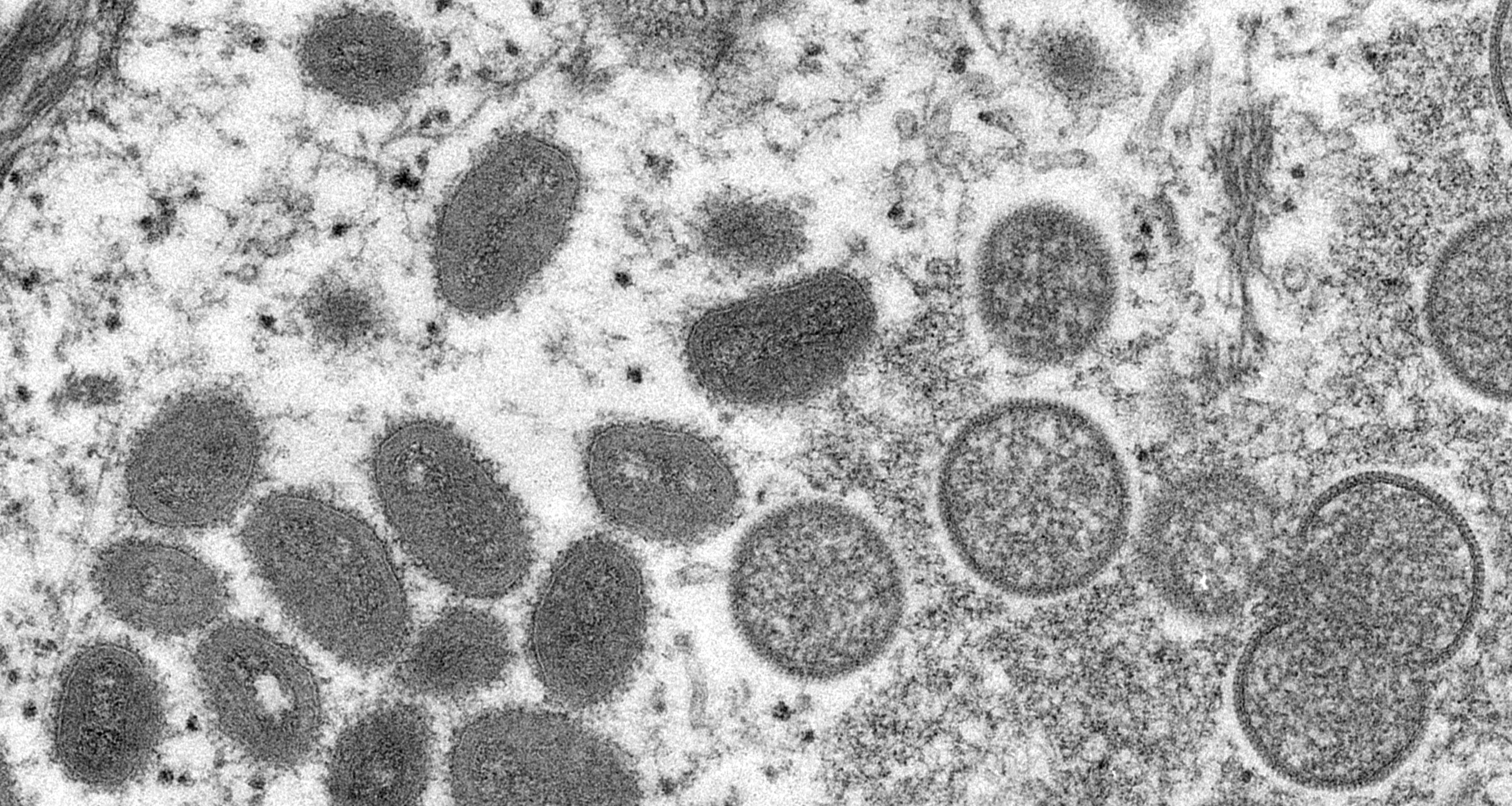Monkeypox: UK passes more than 2,500 confirmed and probable cases
As of 29 July there are more than 2,500 cases across the UK.

Words: Emily Maskell; pictures: Wiki Commons
Cases of Monkeypox continue to rise in the UK with a significant majority of cases remaining in London.
Up to 28 July 2022, there were 2,469 confirmed and 77 highly probable monkeypox cases in the UK: 2,546 in total, according to the UK’s Health Security Agency’s (UKHSA) latest epidemiological overview that was published on 29 July.
Got a rash with blisters plus aches, a fever and swollen glands?
You could have #monkeypox.Anyone can catch it through close physical contact, or by sharing towels or bedsheets.
Keep everyone safe by avoiding close contact with others & visit https://t.co/sQz88DMgbM
— UK Health Security Agency (@UKHSA) July 25, 2022
This latest overview of national cases: 61 were in Scotland, 19 were in Northern Ireland, 30 were in Wales and 2,436 were in England.
The new epidemiological overview also includes a breakdown of cases by region that shows London is the location of a substantial number of the national cases – 1,778 of 2,424 with location information were London residents, that is 73 percent.
The latest data also shows, where gender information was available, that 99.1 percent of confirmed UK cases were men.
In the extensive technical briefing, published 28 July, the UKHSA notes they are working with the National Health Service (NHS) to investigate the monkeypox outbreak, noting that as of 19 July the UK falls into level 2 (out of 4) of transmission.
However, there is the included note that: “England is judged to be in Level 2 and is being closely monitored for any evidence of Level 3.”
The report continues: “Level 2 is defined as transmission within a defined sub-population, currently [gay and bisexual men and men who have sex with men (MSM)] connected by sexual networks.”
However, there continues to be emphasis that anyone can catch monkeypox.
The #monkeypox outbreak can be stopped if countries, communities and individuals inform themselves, take the risks seriously, and take the steps needed to stop transmission and protect vulnerable groups.pic.twitter.com/7CumPFyPhc
— Tedros Adhanom Ghebreyesus (@DrTedros) July 27, 2022
The World Health Organisation (WHO) declared the monkeypox outbreak a global health emergency on 23 July.
Dr. Sophia Makki, National Incident Director at UKHSA, has said: “Before you have sex, go to a party or event, check yourself for monkeypox symptoms, including rashes and blisters.”
The NHS is contacting people at the highest risk of exposure to #monkeypox to come forward for #vaccination.
Swipe for more info on the #vaccine & for more info on Monkeypox, visit the NHS website 🔽
— UK Health Security Agency (@UKHSA) July 29, 2022
Dr. Makki went on to highlight the importance of the now available monkeypox vaccination: “It will help protect yourself and others you have had close contact with. While the infection is mild for many, it can cause severe symptoms and hospitalisation in some.”
The vaccine may not provide complete protection against monkeypox so it’s still important to be aware of the symptoms. There have been no deaths as a result of monkeypox in the UK.
Recently, as of 25 July, UKHSA added the symptom of “a single lesion or lesions on the genitals, anus and surrounding area, lesions in the mouth, and symptoms of proctitis (anal or rectal pain or bleeding), especially if the individual has had a new sexual partner recently.”
Further symptoms of monkeypox include fever, aches and pains, tiredness, chills, swollen glands, and a rash that appears after a few days starting on the face and hands and spreads to the rest of the body, including the genitals.
The advice remains that if you think you have monkeypox, stay at home and contact 111 or your local sexual health service for advice.
The Attitude July/August issue is out now.
